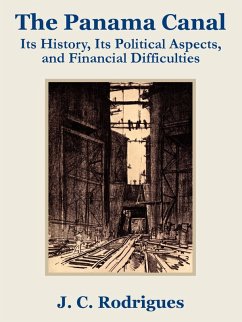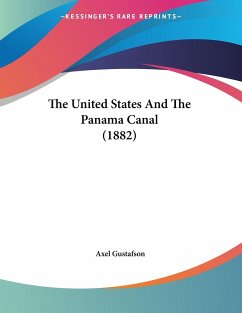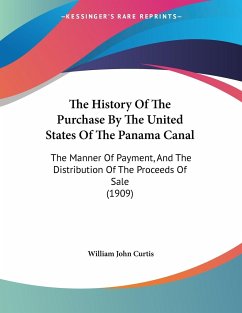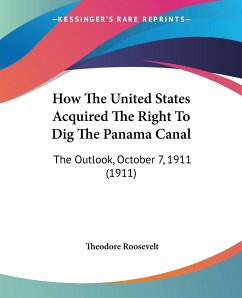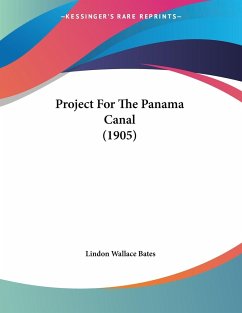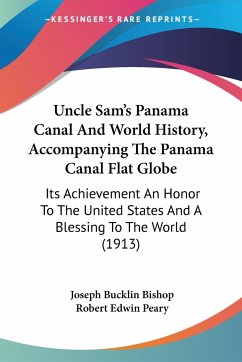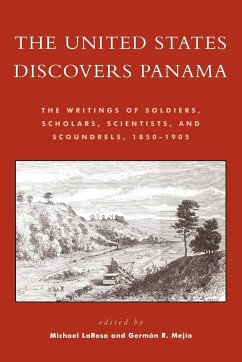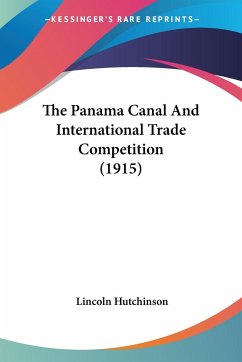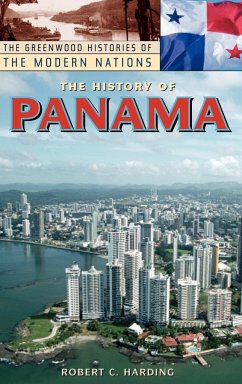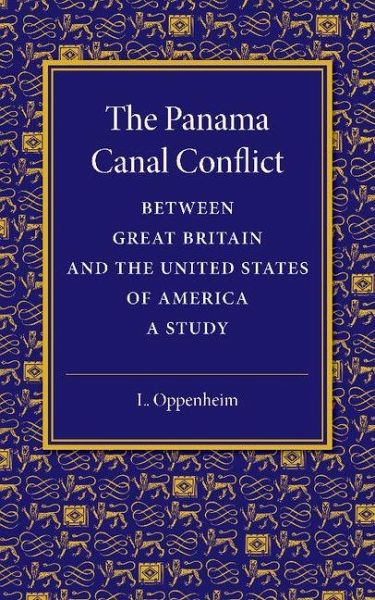
The Panama Canal Conflict between Great Britain and the United States of America
Versandkostenfrei!
Versandfertig in 1-2 Wochen
23,99 €
inkl. MwSt.

PAYBACK Punkte
12 °P sammeln!
First published in 1913, this book presents an account of the conflict between Britain and the United States regarding the interpretation of the Hay-Pauncefote treaty respecting the Panama Canal. The conflict developed as a result of British objections to some American vessels, namely those engaged in trade between US ports, being excluded from tolls under the 1912 Panama Canal Act. This book will be of value to anyone with an interest in perspectives on the history of the Panama Canal and the Hay-Pauncefote treaty.





